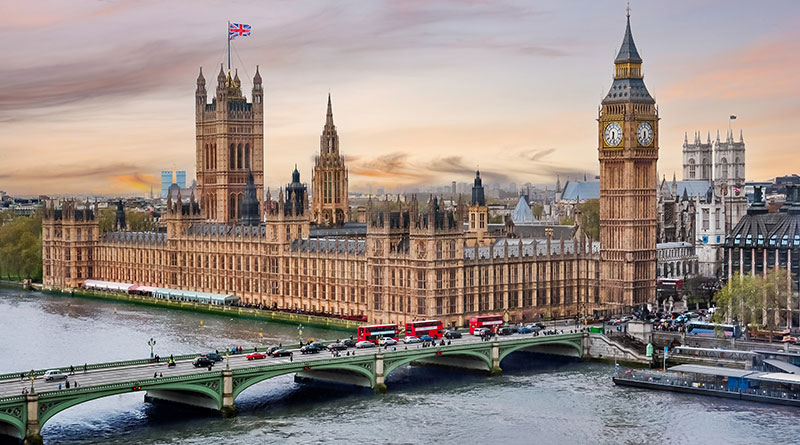UKHospitality Responds to Devolution White Paper

Significant plans to make devolution the default setting across a range of government policy areas, as part of the English Devolution White Paper, have been announced by the Deputy Prime Minister.
In a speech to an audience of regional mayors, local government and business leaders, the Deputy Prime Minister said that the proposals in the English Devolution White Paper will put England’s regions centre stage and deliver on the government’s mission to grow the economy and our milestone of building 1.5 million homes and will boost opportunity across the country.
Measures include plans for new powers for mayors across strategic planning – giving them the ability to guide infrastructure and development projects across areas, housing, transport and skills.
This is part of the government’s longstanding commitment to devolution – pushing more powers out of Westminster and into the hands of people with skin in the game, who know their areas best.
Deputy Prime Minister and Secretary of State for Housing, Communities and Local Government Angela Rayner said: “Our English Devolution White Paper will be a turning point when we finally see communities, people and places across England begin to take back control over the things that matter to them.
“When our proud towns and cities are once again given the powers they need to drive growth and raise living standards as part of our Plan for Change.
“It’s a plan for putting more money in people’s pockets, putting politics back in the service of working people and a plan for stability, investment and reform, not chaos, austerity and decline, that will deliver a decade of national renewal.
“Devolution will no longer be agreed at the whim of a Minister in Whitehall, but embedded in the fabric of the country, becoming the default position of government.”
Kate Nicholls, Chief Executive of UKHospitality, said: “Hospitality is at the heart of our local communities and strengthening both local and regional government to improve services is positive. Better planning and licensing processes and improved transport systems in those areas will help businesses, tourism, customers and staff alike.
“The white paper has big ambitions and hospitality can be at the heart of delivering those ambitions through high street renewal, if it supported to do so.
“The biggest sigh of relief for hospitality businesses will be what was not included in the white paper – the absence of any new powers for local authorities to introduce a tourist tax.
“That is very encouraging and a sign that the Government has listened to our concerns that such a tax would further burden struggling businesses and severely dent our competitiveness on the world stage.
“We look forward to working with the Government on its plan and how we can work together to enhance how hospitality can serve Britain in our local communities.”
